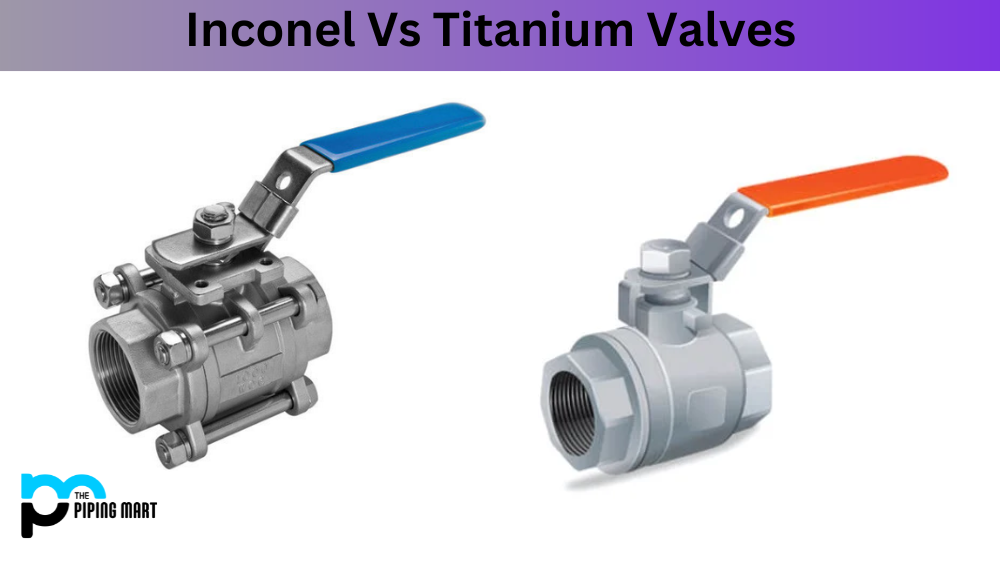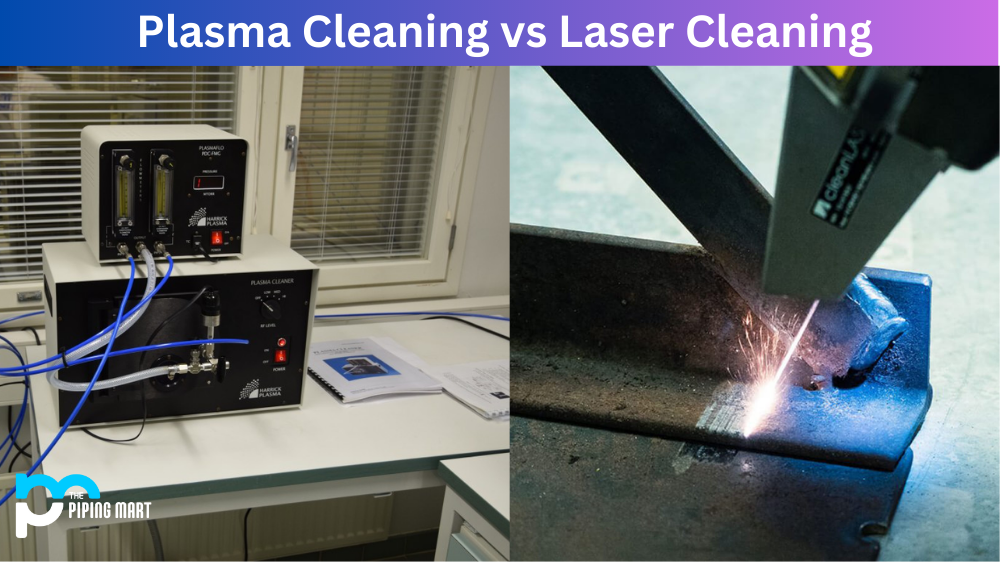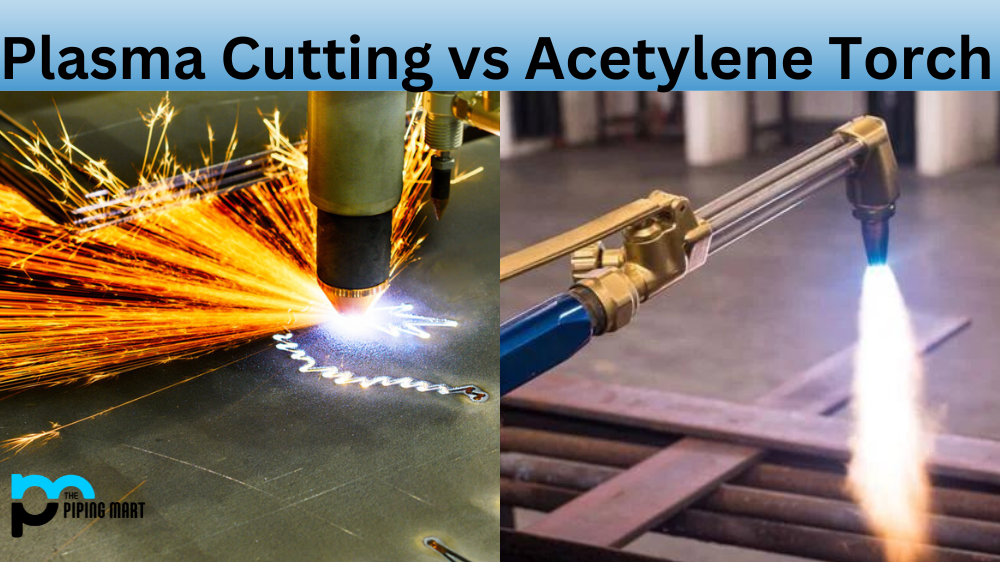The valves in your engine are critical components responsible for regulating fuel and airflow into the combustion chamber. Choosing the right material for your valves can mean the difference between an engine that runs well for years and one that experiences frequent valve failure. Inconel and Titanium are two of the most popular valve construction materials, but which is best for your engine? In this blog post, we’ll explore the advantages and disadvantages of each material to help you make an informed decision.
Inconel Valve
Inconel is a superalloy highly resistant to corrosion, oxidation, and high temperature. It is commonly used in aerospace and marine industries for its durability, strength, and heat resistance. Inconel valves have a high fatigue strength and can handle extreme temperatures and pressure without losing shape. They are also resistant to thermal fatigue and cracking, making them popular among racing enthusiasts.
However, Inconel valves can be heavy, making them less suitable for high-revving engines. They also tend to be more expensive than other valve materials, which can be a downside for those on a tight budget.
Titanium Valve
Titanium is a lightweight, high-strength metal commonly used in aerospace, marine, and medical industries. Titanium valves are lighter than Inconel and other steel alloys, so they can handle high engine speeds without compromising performance. They also have excellent fatigue strength, which means they can withstand high-stress levels over extended periods. The downside of titanium valves is that they can be more brittle than other valve materials. They are also more difficult to manufacture, making them more expensive.
Difference Between Inconel and Titanium Valve
When choosing the right material for your valves, there are a few key factors to consider. Cost, weight, strength, and corrosion resistance are all important factors that should be considered. In this article, we’ll compare two of the most popular valve materials on the market – Inconel and Titanium – and discuss the pros and cons of each.
Advantages of Inconel Valves
Inconel valves are highly resistant to corrosion and heat, which makes them ideal for high-stress environments. They also have a high fatigue strength and can withstand high temperatures and pressure without losing shape. Inconel valves are also durable and long-lasting, saving you money in the long run.
Advantages of Titanium Valves
Titanium valves are lightweight, which makes them ideal for high-speed engines. They also have excellent fatigue strength, which means they can handle high-stress loads without breaking. Titanium valves are also highly resistant to corrosion, which can give them a longer lifespan than other valve materials.
Cost
One of the primary considerations when choosing a valve material is cost. In general, Inconel valves are more expensive than titanium valves. This is because Inconel is a more exotic alloy and thus commands a higher price. On the other hand, titanium valves are more commonly used in various industries and thus are more affordable.
Weight
Another important consideration is weight. Inconel valves are significantly lighter than titanium valves, which can be important in some applications. This is because Inconel is much stronger than Titanium, meaning that less material is required to achieve the same level of strength. This can be an important factor in applications where weight is a primary concern, such as aerospace or racing applications.
Strength
In terms of strength, Inconel is the clear winner. This alloy is significantly stronger than Titanium, which can withstand temperatures and pressures without deforming or failing. This makes Inconel an ideal choice for high-performance applications where reliability is paramount.
Corrosion Resistance
When it comes to corrosion resistance, both Inconel and Titanium are excellent choices. However, Inconel has a slight edge over Titanium in this area. This alloy is highly resistant to oxidation and corrosion, meaning it will withstand exposure to harsh environments better than Titanium. Inconel is ideal for applications in hostile environments, such as offshore oil rigs or chemical plants.
Temperature Resistance
In terms of temperature resistance, Inconel is once again the superior choice. This alloy can withstand extremely high temperatures without deforming or failing, making it an ideal choice for high-temperature applications such as turbochargers or exhaust systems. On the other hand, Titanium begins to lose its strength at temperatures above 600 degrees Celsius (1112 degrees Fahrenheit), making it less suitable for high-temperature applications.
Conclusion
In conclusion, choosing between Inconel and titanium valves depends on your needs and budget. Inconel valves are best suited for high-stress environments requiring durability and high temperatures. Titanium valves are best suited for high-speed engines where weight and performance are critical. While both materials have advantages and disadvantages, choosing the right one for your engine is important to ensure optimal performance and longevity.

Abhishek is a seasoned blogger and industry expert, sharing his insights and knowledge on various topics. With his research, Abhishek offers valuable insights and tips for professionals and enthusiasts. Follow him for expert advice on the latest trends and developments in the metal industry.




